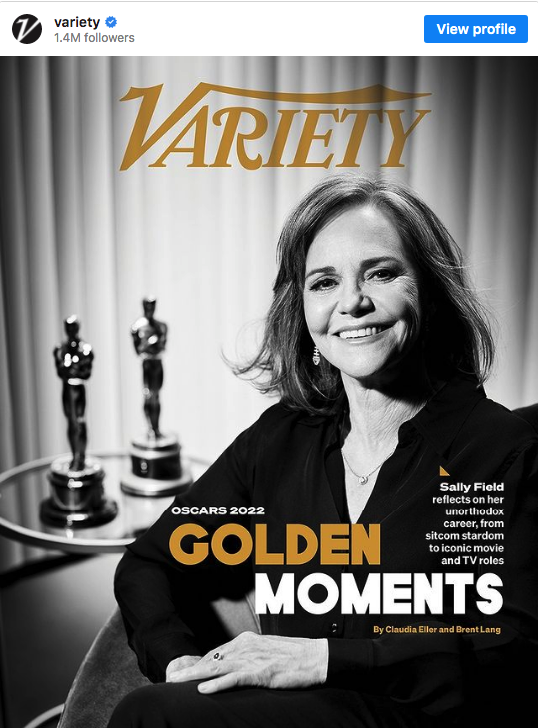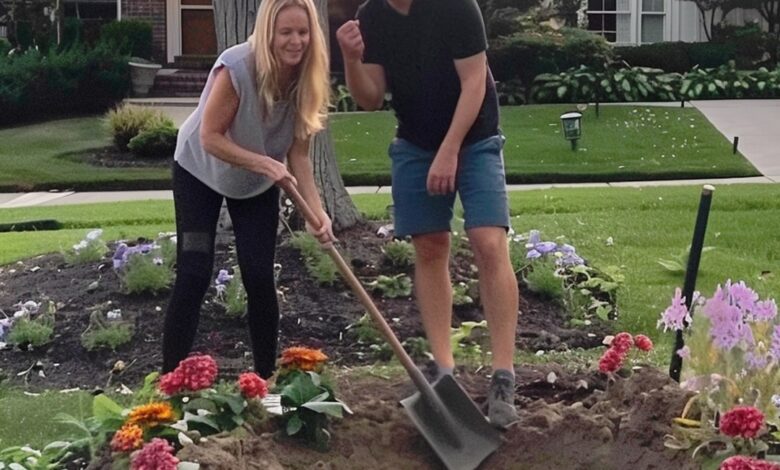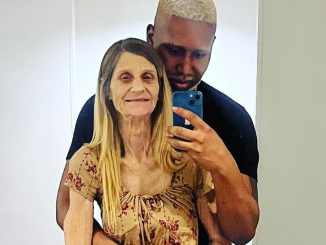Sally Field, an actress who has won Academy, Emmy, and Golden Globe Awards, is well-known for her parts in the films “Forrest Gump,” “Brothers and Sisters,” “Lincoln,” and “Steel Magnolias.”
The 76-year-old actress launched her career in 1965 with the lead part in “Gidget.” She has since made several TV appearances, motion pictures, and Broadway performances.
Field has also been open about her struggles in her personal life. She discusses her stepfather’s sexual abuse of her as well as her battles with depression, self-doubt, and loneliness in her 2018 memoir “In Pieces.”
On November 6, 1946, Sally Field was born in Pasadena, California. Her mother was the actress Margaret Field (née Morlan), and her father was a salesman named Richard Dryden Field. Her mother married actor and stuntman Jock Mahoney following her parent’s divorce. Richard Field, Sally’s brother, and Princess O’Mahoney, her half-sister, are both living.
HER PERSONAL LIFE
Sally Field married Steven Craig in 1968, and they had two sons, Peter and Eli. They divorced in 1975, and she married Alan Greisman in 1984. They had one son together, Samuel, before divorcing in 1994. From 1976 to 1980, she dated Burt Reynolds, a difficult relationship she discusses in her memoir.
She recounts his controlling behavior and how he convinced Field not to attend the Emmy ceremony where she won for “Sybil.” Reynolds actually died just before her book’s release, and in his own memoir, he called their failed relationship “the biggest regret of my life” in his 2015 memoir “But Enough About Me.”
Meanwhile, Fields said they hadn’t spoken for 30 years before his passing. “He was not someone I could be around,” she explained. “He was just not good for me in any way. And he had somehow invented in his rethinking of everything that I was more important to him than he had thought, but I wasn’t. He just wanted to have the thing he didn’t have. I just didn’t want to deal with that.”

These days, Sally Field keeps her Oscars and Emmys in a TV room where she plays video games with her grandkids. So far, Field shows no signs of retiring with her film “Spoiler Alert” releasing next week, as well as “80 for Brady” coming in 2023.
“As an actor, she dared this town to typecast her, and then simply broke through every dogmatic barrier to find her own way — not to stardom, which I imagine she’d decry, but to great roles in great films and television,” said Steven Spielberg, her friend and “Lincoln” director. “Through her consistently good taste and feisty persistence, she has survived our ever-changing culture, stood the test of time and earned this singular place in history.”
I Came Home to My Husband and His Ex Digging My Garden – What They Hid Years Ago Made Me Pale

This story captures an intense moment of betrayal, misunderstanding, and the tough emotions tied to moving on from the past in a relationship. Margaret’s experience highlights how fragile trust can be and how challenging it is to come face-to-face with unresolved history, especially when it’s physically unburied in front of her. Her reaction—burning the mementos of Martin and Janet’s past—shows her need for a clear boundary and a fresh start.
It’s also a reflection on the complexities of relationships: even the “perfect” partner may come with a history that still feels unresolved. This story brings up so many themes—trust, communication, and the messy aftermath of relationships that aren’t fully left in the past. Margaret’s choice to give herself space and set clear limits with Martin is powerful and relatable, showing the strength to handle hurt feelings without impulsive decisions on the future.
If you were in Margaret’s place, would you have done the same, or do you think there’s a different way to process and rebuild trust?



Leave a Reply